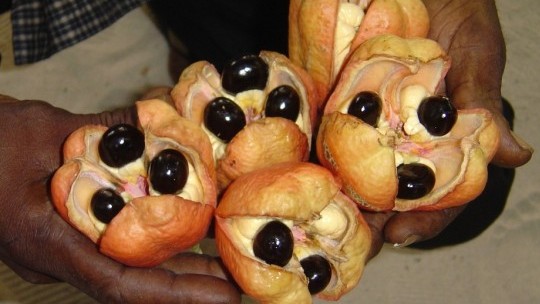The Health Ministry is reporting a total of 23 deaths and 194 suspected cases of ackee poisoning for the December 1, 2010 to February 16, 2011 period.
Responding to questions at a press conference Tuesday morning, health officials said the current outbreak of the illness has unusual characteristics, which are unlike the patterns previously seen in cases of ackee poisoning.
Sixty percent of the current suspected cases are said to be men and those affected are mainly from the age group 25 to 44 years.
The reported deaths are also mainly from that age group.
The average number of reported ackee poisoning cases in any one year is usually less than 12.
And health officials believe the recent cold weather which affected the country coupled with a delay in the opening of the ackee fruit may have contributed to the present spike in the cases.
According to Dr. Eva Lewis-Fuller, Director of Health Promotion and Protection, the Health Ministry is now awaiting the results of additional tests to determine the cause of the latest outbreak.
"We're carrying out more tests on the ackee itself in collaboration with scientists who normally do test for the (export) trade and we’re also looking at the metabolite or the break down product of the hypoglycin in humans in the new cases that turned up. The government is looking at doing those tests for us," she said.
Almost all parishes affected
Presently, all parishes are affected by the outbreak but Health Minister Ruddy Spencer said cases are mainly being reported in parishes within the North East and Western Health Regions.
"Three were pronounced dead on arrival (at hospital), two dead at A&E (Accident and Emergency), one died at home and 17 in hospital. The last reported death was of a 52-year old man from St. Mary, who died at the Port Maria Hospital on February 10. In total, seven of the victims were from St. Mary, four were from St. James, St. Ann and St. Catherine, Hanover and Westmoreland each had two deaths (while) St. Thomas, Kingston and St. Andrew, St Elizabeth and Manchester each had one death," said Mr. Spencer.
He has also sought to assure the public that the cases have been confined to local consumption and that ackee for export has not been affected.
However, Mr. Spencer stressed that since the second week of February the rate of reported cases of poisoning has slowed from 30 to 13 per week.










 All feeds
All feeds







